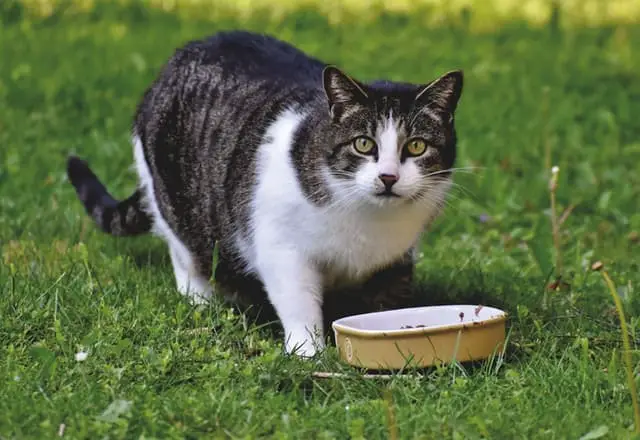
Probiotic bacteria can be integrated into the cat’s diet to regulate feline health in general and digestive health in particular. Here’s everything you need to know about probiotics for Kitty.
Even for cats, as well as for humans, most of the immune defenses “reside” in the digestive tract. Integrating cat’s diet with probiotic bacteria therefore means keeping it fit and healthy through the proliferation of “friendly” bacteria in the intestine.
What are probiotics? When should they be given to cats? What kind of probiotics should you choose? Keep reading this article and you will understand it.
What are probiotics and what you need to know about those for cats

Probiotics are living organisms (they are also found in foods such as yogurt or Kefir) and differ from prebiotics which are non-living organisms and promote the growth of bacteria. But why add probiotics to the cat’s diet? Many vets are in favor of using probiotics because they strengthen the immune system and help to:
- reduce the number of “bad” bacteria that cause infection or inflammation;
- re -establish bacterial balance following prolonged antibiotic treatments;
- interact with the immune system;
- treat and prevent inflammation of the intestine in case of constipation;
- reduce gastroesophageal reflux symptoms;
- improve the immune system in case of candida, chronic cystitis, skin infections and dermatitis;
- improve digestion;
- treat allergies and asthma, chronic renal failure, inflammation of the pancreas and intestinal IBD, feline diarrhea.
Furthermore, according to some veterinarians, probiotics can also reduce the duration and accelerate the recovery of a cat suffering from hemorrhagic gastroenteritis.
It is possible to integrate probiotics and prebiotics in the following cases: nutritional deficiencies, otitis, conjunctivitis, gastric inflammation, vaccinations, recurrent infections, accidental ingestion of chemicals, taking antibiotics and cortisone, acute or chronic diarrhea, radiotherapy, kidney failure, surgery, stomatitis and severe feline stress.
Types of probiotics for cats
On the market, probiotics for cats can be found in various forms: pills, powders and infusions. But which one to choose? Veterinarians recommend preferring those with the highest CFU (colony forming units) while the best strains are Bifidobacterium and Enterococcus. The former is more involved in digestion and tends to remain in the small intestine; Enterococcus, on the other hand, helps the formation of feces and helps to keep the colon healthy where it resides following intake.
Other probiotics for cats are: Lactobacillus brevis, Buchneri lactobacillus, Lactobacillus rhamnosus, Lactobacillus acidophilus LB, Lactobacillus casei, Bifidobacterium bifidum and Saccharomyces boulardii (a yeast).
Many vets advise against opting for probiotic supplements for humans (the flora is different) even though there are no studies that prohibit it. Furthermore, some doctors prescribe probiotics only when the cat has a health problem, such as diarrhea, or at the same time as taking antibiotics, others recommend a daily use.
It is a good rule, however, to administer drugs and supplements to the cat scrupulously following the instructions of the veterinarian also as regards the dosage.






